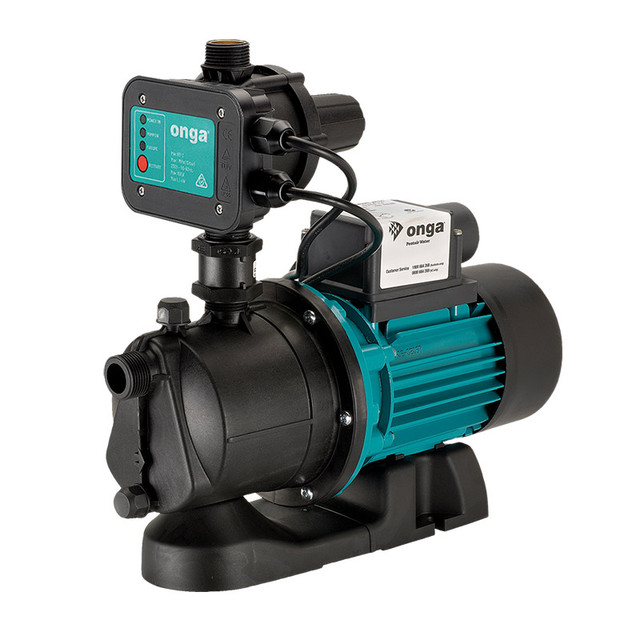Different settings require different types of this equipment, each designed to meet specific needs. When it comes to moving liquids from one place to another, the water pump serves as an indispensable tool in various sectors. From agricultural irrigation to residential plumbing, these devices play a crucial role in ensuring the efficient management of fluids. However, not all pumps are created equal. This article delves into the diverse varieties of these machines and their applications, providing valuable insights for anyone looking to make an informed choice.
Types Tailored for Agriculture and Irrigation
In the agricultural sector, farmers rely heavily on certain types of these devices to ensure their crops receive adequate irrigation. Centrifugal pumps are a popular choice for this purpose, capable of moving liquid through a piping system with the help of a rotating impeller. These are particularly effective for large-scale irrigation, where vast amounts of liquid need to be distributed evenly across fields. Similarly, submersible pumps, which operate underwater, are ideal for extracting groundwater to surface levels, making them essential for well irrigation. The efficiency and reliability of these machines in agricultural settings significantly enhance crop productivity and water resource management.
Industrial Applications: Moving Beyond Basics
The industrial sector demands robust solutions for fluid management. Here, positive displacement pumps come into play, designed to handle a wide range of viscosities and materials, including chemicals, oils, and waste fluids. Unlike their centrifugal counterparts, these devices maintain a consistent flow rate, even under varying pressure conditions, making them suitable for precise applications like dosing and chemical processing. Diaphragm pumps, a subtype of positive displacement devices, are specifically engineered for tasks that require a high level of contamination control, such as in the pharmaceutical and food industries. This precision ensures that industrial processes remain efficient, safe, and compliant with regulatory standards.
Residential Systems: Ensuring Comfort and Convenience
For homeowners, maintaining a reliable supply of liquid for daily use is paramount. Jet pumps, often used in domestic settings, excel at drawing liquid from wells to provide households with a steady flow for drinking, washing, and gardening. These machines combine suction and pressure to lift liquid from considerable depths, a necessity for rural homes relying on well water. On the other hand, booster pumps are employed to increase water pressure in residential plumbing systems, enhancing the functionality of showers, taps, and garden hoses. Their ability to improve water pressure contributes significantly to the overall comfort and convenience of home living.
Emergency Services: Ready for Action
In emergency situations, such as flooding or firefighting, having immediate access to high-capacity pumping solutions can make all the difference. High-volume, gasoline-powered pumps are typically deployed in these scenarios, offering the power needed to remove large quantities of liquid quickly. These portable units are not only vital for emergency response teams but also for construction sites dealing with groundwater or excess rainwater.
Specialised Uses: Tailoring to Niche Needs
Beyond the common applications, there are specialised pumps designed for unique situations. For example, solar-powered pumps are becoming increasingly popular in remote areas, where access to electricity is limited. These eco-friendly solutions harness the power of the sun to operate, providing a sustainable option for water extraction in off-grid locations. Additionally, fountain pumps, designed to circulate liquid in decorative water features, add aesthetic value to public spaces and private gardens alike.
In conclusion, the water pump is a versatile device with a wide array of types tailored to meet the specific demands of various fields. From agriculture and industry to residential use and emergency services, these machines are critical for efficient fluid management. As technology advances, the evolution of these devices continues, offering more efficient, reliable, and sustainable options to support daily needs. Whether for irrigation, manufacturing processes, or simply enhancing water pressure at home, understanding the different types and their applications can guide consumers and professionals alike in selecting the ideal solution for their requirements.



